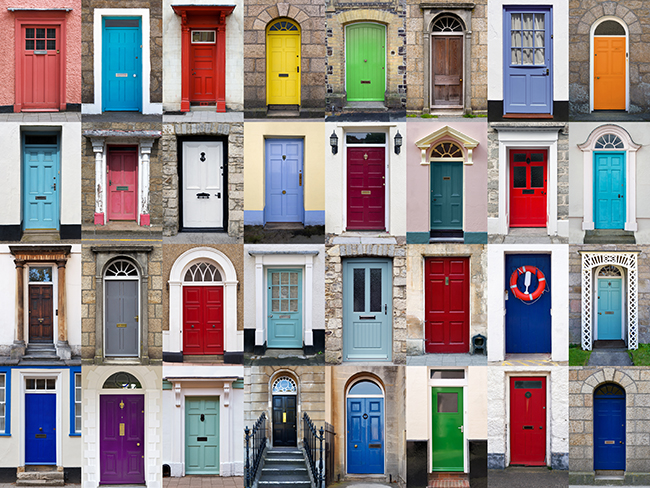One in five renters believes that the removal of mortgage interest tax relief on buy-to-let homes will reduce the supply of rented properties in their area. The research, commissioned by GoCompare Mortgages, also revealed that some tenants were concerned that they will face rent hikes as buy-to-let landlords pass on the higher costs, with 6% […]
 One in five renters believes that the removal of mortgage interest tax relief on buy-to-let homes will reduce the supply of rented properties in their area.
One in five renters believes that the removal of mortgage interest tax relief on buy-to-let homes will reduce the supply of rented properties in their area.
The research, commissioned by GoCompare Mortgages, also revealed that some tenants were concerned that they will face rent hikes as buy-to-let landlords pass on the higher costs, with 6% saying they had already seen a rise.
According to the study, the housing crisis has got so bad that nearly a third (31%) of all people renting believe they will never own a home.
Affordability and access to mortgage loans were key reasons why many Brits rent. Half of the tenants surveyed live in rented accommodation because they can’t afford to buy their own home, while 11% were renting because they were currently unable to obtain a mortgage. Just 14% of those renting were doing so out of preference.
Matt Sanders from GoCompare Mortgages said: “Our research reveals that half of all tenants are in rental accommodation because they can’t afford to buy their own home. It now looks like many have given up all hope of ever owning a home and, for some, the changes to buy-to-let regulations are likely to make renting more expensive. In turn, that makes saving for a mortgage even harder.
“April saw profound changes to the taxation of buy-to-let properties which will reduce landlords’ profits and our survey suggests that there is a real concern among tenants that to protect their profits, over time some landlords will increase rents while others may sell-up – reducing the stock of available private rented homes.”
Mortgage interest relief for residential buy-to-let properties is being reduced to the base income tax rate, which is 20%.
The changes mean landlords will no longer be able to deduct mortgage interest payments or any other finance-related costs from their turnover before declaring their taxable income.
The new rules are being phased in over a four-year period. Landlords will still be able to deduct 75% of costs from rental income in the current tax year. In the 2018/19 tax year it will drop to 50% and then to 25% in 2019/20. After this landlords will only be able to claim a 20% tax credit on mortgage interest.
Ministers have argued that the move will level the playing field between landlords and homeowners.
However, experts believe landlords will need to increase rents between 20% and 30% to cope with the extra cost of the tax hikes.
Landlords have been hit by a raft of changes in the past year as part of the Government’s plan to rein in buy-to-let investment.
Last year, the Government increased stamp duty on second homes by 3% to help free up property for first-time buyers.
The Bank of England’s Prudential Regulation Authority also introduced tougher underwriting standards and affordability assessments on 1 January to make sure borrowers can cover the cost of their mortgage in the event of an interest rate rise.
[box style=”4″]
What Mortgage has teamed up with London & Country to offer you expert advice on the right mortgage deal.
Whether you’re buying a new home, remortgaging to a new deal or buying an investment property, L&C can help – and you’ll pay no fee for their advice. To find out more, click here.
[/box]















The Government/HM Treasury keep on reciting the same old mantra (hoping that someone somewhere will believe them) despite the predictions of industry experts, economics experts, accountants and in the face of actual rent rises & evictions that are now occurring as a result of their ludicrous policies that penalise private Landlords in particular the Restriction of Mortgage Interest Relief (aka Sec.24).
They have their heads buried in the sand in the hope that the sorry mess they’ve made will go away, and that they’ll not have to lose face & admit that they were wrong.
The question is how bad does it have to get? how many evictions have to occur? how many people have to be made homeless? before they repeal these insane policies?
The government are fully aware what section 24 will do to BTL landlords and can already see the homeless bill rocketing in many areas. This will only get worse much of the housing crisis is the government’s own making.
U Credit benefit caps zero H contracts stagnant wage growth.
They need to scrap Section 24 the reasons stated for bringing it in were completely false and only got stated to bring it in with as little protest as possible.
They are hurting the low paid and the middle classes with massive tax grabs for short term gain.